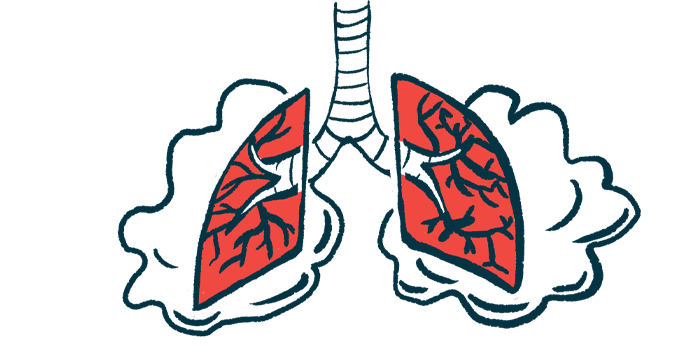‘Excellent’ Outcome With Lung Transplant From COVID-19 Patient
Report on 1st transplant in scleroderma patient predicts future success
Written by |

The case of a person with scleroderma who successfully received a lung transplant from a donor who had tested positive for COVID-19 may predict positive outcomes for other patients, according to a recent report.
“To our knowledge this represents the first successful case of lung transplantation of donor lungs positive for COVID-19,” the researchers wrote.
The patient was fully vaccinated and was administered anti-COVID therapy as a precautionary measure, the team noted. Additionally, detailed history from the donor suggested the individual had been recovering from infection at the time of death.
“We suggest that excellent outcomes in lung transplantation of COVID-19 positive lungs are possible if accompanied by excellent history taking from donor OPOs [organ procurement organization] in the appropriate patient while taking sensible precautions,” the researchers wrote.
The study, “Bilateral Lung Transplantation with Donor Positive for COVID-19 Infection on Bronchoalveolar Lavage: A Case Report,” was published in the journal Transplantation Proceedings.
A transplant success story
Reports from early in the pandemic showed that COVID-19 can be passed from infected lungs to the recipients of a lung transplant. As understanding of COVID-19 has evolved, and better methods of care have been developed, it has not been clear whether lungs positive for COVID can be safely used in a transplant if appropriate precautions are taken.
Now, scientists at the University of Alabama Birmingham described the case of a 51-year-old patient who was recommended for lung transplant due to interstitial lung disease associated with scleroderma. Prior to the transplant, the patient was being managed with immune-suppressing therapies, specifically azathioprine and rituximab.
A potential donor was found — but in an initial evaluation, the lungs were found to be positive for COVID-19.
The lungs were negative on repeat testing a day later. Next-of-kin reported that the donor had been diagnosed with COVID-19 two weeks before death, but that the individual’s symptoms had eased completely by the time of death.
The intended lung recipient had been fully vaccinated against COVID-19, and six months prior she had been treated with the experimental anti-COVID therapy tixagevimab/cilgavimab (sold under the brand name Evusheld).
A multidisciplinary team of clinicians met to discuss the patient’s situation, and ultimately the decision was made to proceed with the transplant.
The women underwent successful bilateral lung transplant, with a standard immune-suppressing treatment regimen administered to decrease the likelihood of organ rejection. As a precautionary measure, the patient was given the anti-COVID medicine bebtelovimab on the day after the transplant.
“We took steps to ensure our recipient was optimally protected against COVID-19,” the researchers wrote. “Our patient was appropriately vaccinated and had received tixagevimab/cilgavimab 6 months prior. Due to concerns related to [low anti-COVID antibody levels] after vaccination, we administered bebtelovimab post-transplant day one.”
Testing of the transplanted lungs after transplant revealed no signs of COVID-19. At one month after the transplant, the patient was able to walk and did not require supplemental oxygen.






